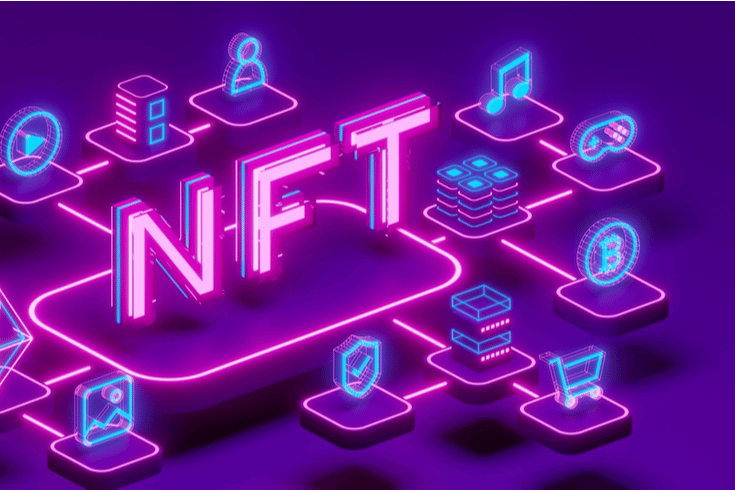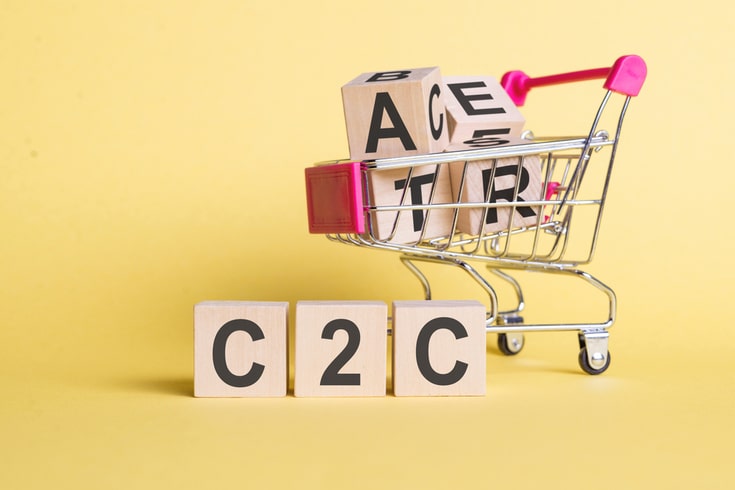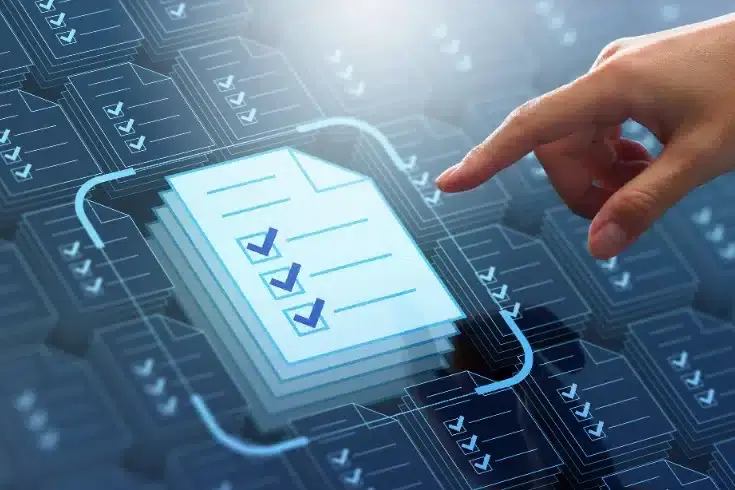DAO in the Web 3.0 Era: Examples from Japan and Overseas, Legal Issues in Japan, and Wyoming's DAO Law
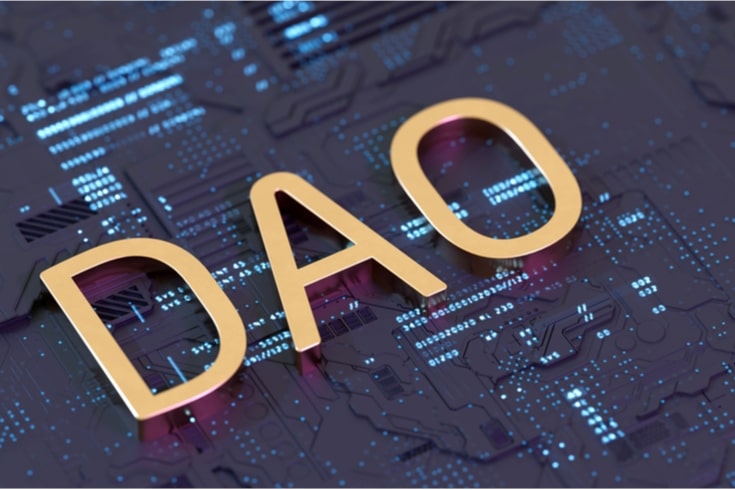
In the era of Web 3.0, Distributed Autonomous Organizations (DAOs) have emerged as a novel type of organizational structure that has garnered interest.
In this article, we will provide an detailed explanation of DAOs, their differences from centralized organizations, and the legal considerations for establishing a DAO in Japan.
DAO in the Web 3.0 Era
DAO stands for “Decentralized Autonomous Organization”. Essentially, it is an organization that can drive a business or project without a designated owner or manager. DAO is gaining attention as a new organizational form in relation to Web3.0, which is known as the “distributed Internet.”
Large platform companies like Amazon and Google have traditionally held a monopoly on internet profits, but the emergence of Web 3.0 means that individuals can connect with each other in a more decentralized manner. DAOs are one such organizational structure that can help facilitate this shift towards Web3.0.
Although each DAO has unique characteristics, they generally share the following features:
- Lack of a central administrator
- Autonomous operation by each participant
- High levels of fairness and transparency due to decision-making on an open blockchain.
Examples of DAO in Japan and Overseas
Bitcoin is a prime example of a DAO, representing one of many crypto assets or virtual currencies. This blockchain network is sustained and overseen by global miners through mining activities, operating without the presence of a specific leader.
Bitcoin holders are involved in the operation as members of the Bitcoin DAO.
Several DAOs have emerged in Japan, including “Ninja DAO”, “Wagumi DAO”, and “SUPER SAPIENSS”.
Ninja DAO, founded by Mr. Ikehaya and others in September 2021, is considered one of the largest DAOs in Japan. It serves as the official community for the NFT project “CryptoNinja,” and members who wish to create derivative works of “CryptoNinja” can participate.
Wagumi DAO was established in November 2021 by Shun Kakinoki and other individuals with the aim of expanding the reach of Web 3.0 technology to a greater number of individuals in Japan.
SUPER SAPIENS is a novel entertainment DAO established by renowned film director, Yukihiko Tsutsumi, in Japan. By acquiring tokens, members can actively participate in the creation of artistic works and cast their votes accordingly.
It is anticipated that the establishment of DAOs will gain further popularity in Japan in the coming years.
DAO Law in Wyoming, USA
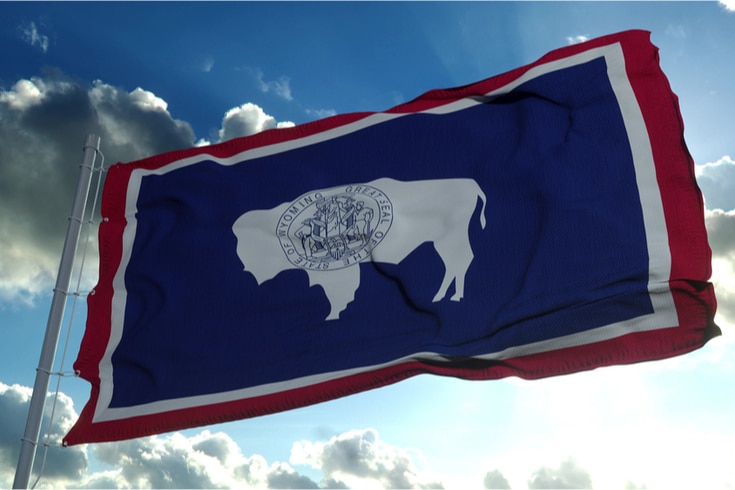
The DAO law came into effect in July 2021 in the state of Wyoming in the United States. This law permits the registration of a DAO as an LLC if it satisfies the LLC requirements. Recently, the “American CryptoFed DAO” became the first registered DAO in Wyoming and officially recognized as a legal entity.
In 2022, Tennessee enacted the DAO Act, which permits DAOs to acquire legal personality provided they satisfy the applicable legal criteria.
Legal Issues in Japan
Laws specific to DAOs have yet to be established in Japan, in contrast to the states of Wyoming and Tennessee in the United States where DAOs are legally recognized entities.
Failure to obtain corporate status results in several issues, such as
- the inability to apply for necessary permits and licenses to conduct business
- incapacity to be a party to a contract
- ambiguity in tax treatment
DAO may distribute tokens and crypto assets as rewards, which may subject it to regulations, such as the Financial Instruments and Exchange Act of Japan.
DAOs with Dividends and Similar Features
In order to act as an agent for selling DAO (with dividends) tokens for members of limited liability companies in Japan, registration as a type 1 financial instruments business under the Financial Instruments and Exchange Act is required. Similarly, when self-selling employee right tokens for limited liability companies, registration as a type 2 financial instruments business is necessary.
Please note that, according to company law, the distribution of tokens for employee rights cannot be done freely. Furthermore, additional limitations may apply, depending on the chosen distribution method.
DAOs without Dividends
For DAOs that do not offer dividends or similar benefits, there are fewer regulations that apply compared to those that do offer such benefits.
For instance, in order to sell a utility token, which is a token that does not generate dividends, one must register as a crypto asset exchange business under the Payment Services Act of Japan. These tokens are primarily designed to provide access to specific services.
Consult a Lawyer Before Creating and Using a DAO
DAO is a novel form of organization, and legal progress in Japan has been slow to advance in this area.
When establishing and utilizing a DAO, it is imperative to proceed while thoroughly considering the regulations stipulated under Japanese law. In case you are contemplating running an organization through the DAO system, we highly suggest seeking legal advice beforehand.
Guidance of Countermeasures
Monolith Law Office is a highly specialized law firm with expertise in IT, particularly in the field of the Internet and law. Our firm offers comprehensive support to businesses involved in crypto assets and blockchain.
Category: IT




